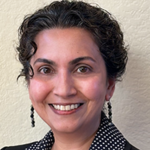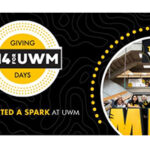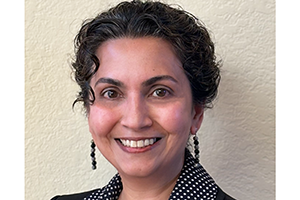Reading skills in some Milwaukee and Wisconsin schools need improvement, with one study showing that only 15 percent of Milwaukee fourth graders are proficient in reading.
Here are ways the University of Wisconsin-Milwaukee’s School of Education works with teachers to help young students read well.
College students tutor youngsters
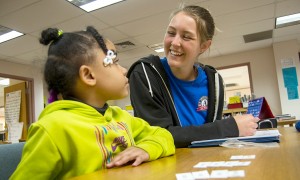
Literacy expert Ruth Short, an associate professor of education, works with an early intervention program for Milwaukee children in kindergarten through third grade in which students receive tutoring and literacy-focused, after-school activities for two years. Parents are encouraged to work with their children.
Some 90 college students, predominantly UWM students and education majors, tutor children in 11 schools.
The first two-year evaluation showed students improved their reading skills significantly. Early results for the second two-year effort confirmed that trend.
“We truly love having UWM students as tutors,” says Pat Marcus, director of program development in early childhood education for Boys & Girls Clubs of Greater Milwaukee.
Literacy in two languages
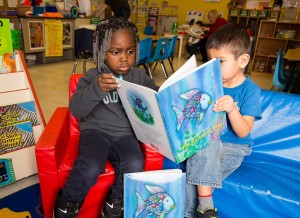
In order to improve teaching and learning in bilingual Head Start programs, UWM and partners in Milwaukee’s Latino community recruit bilingual early childhood education teachers for preschoolers who are learning English.
The team recently bought books in Spanish and English for 23 classrooms.
“It’s increasingly important that the students not only learn to speak in both languages, but also learn the academic language they’ll deal with in school, says Jennifer Mueller, associate professor of education.
Building ‘Word Headquarters’
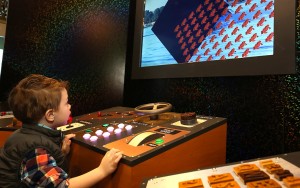
Short, Christopher Lawson and Christiane Wood were consultants on The Betty Brinn Children’s Museum’s new Word Headquarters – described as a pretend factory in which children explore the building blocks of literacy, including letters, words and the punctuation needed to create sentences, stories and songs.
In this factory-like setting, children fill orders for compound words, verbs, nouns and other literacy concepts that demonstrate the mechanics of reading and writing. Other activities include word games, audio books, an interactive performance space and role-playing.
Teachers teaching teachers
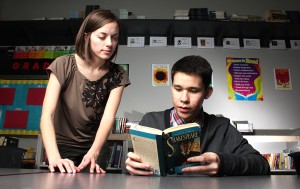
In partnership with the UWM Writing Project, teachers at Bradley Tech High School improved literacy among students. One teacher’s students panicked at the words “research report,” but loved to ask questions. She developed lessons that channeled their questions into research projects. Some 80 percent of students showed increases in the quality and quantity of their writing, according to English Leadership Quarterly.
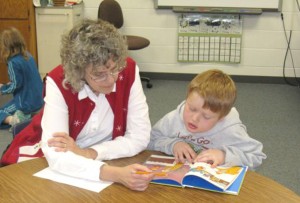
Early Reading Empowerment
Developed in 1991 at UWM, Early Reading Empowerment helps students across Wisconsin read better in early grades before they struggle and become discouraged. Teachers learn new techniques through classes at UWM (and on-line). Faculty members also train teachers in their school districts, where some end up training other teachers.
“If we can get the kids to believe in themselves and become confident readers before they fall behind, it sets the stage for success all through school,” says Short.
Preparing reading teachers.
When Wisconsin required a new test in 2014 for those wanting to become reading teachers and reading specialists, UWM created workshops to help them prepare – and even opened those workshops to students from other colleges and universities.
Students can prepare for the test as part of their regular coursework, receiving academic credit. UWM will evaluate how much the workshops – first offered last year – are helping future reading teachers.
